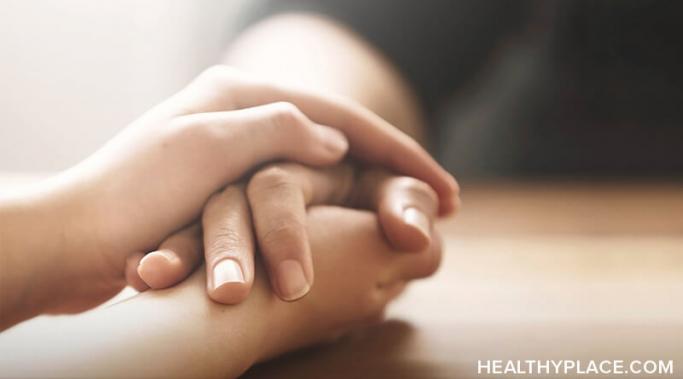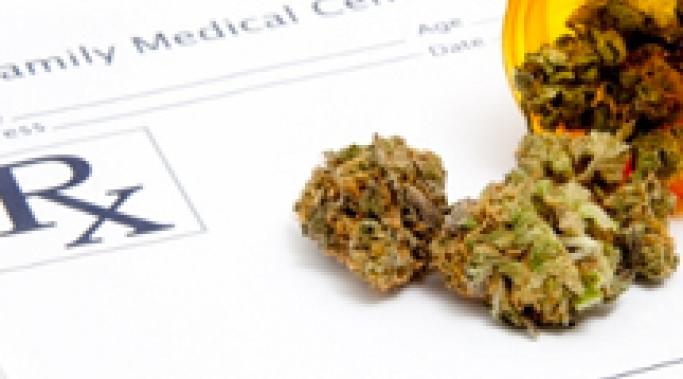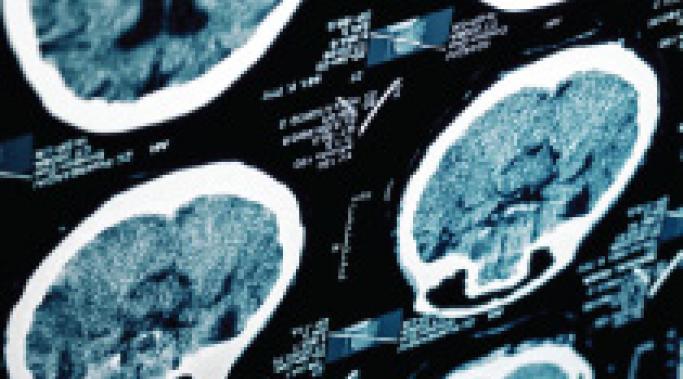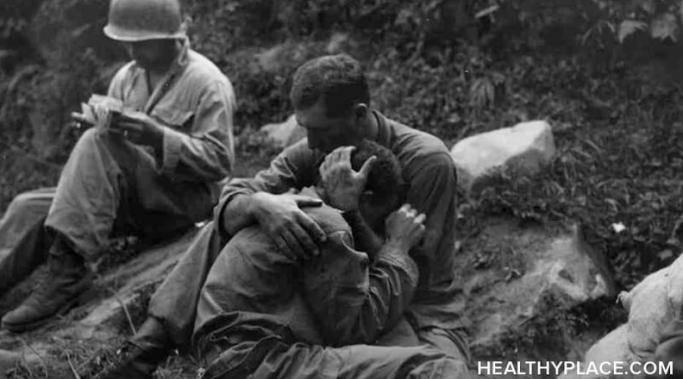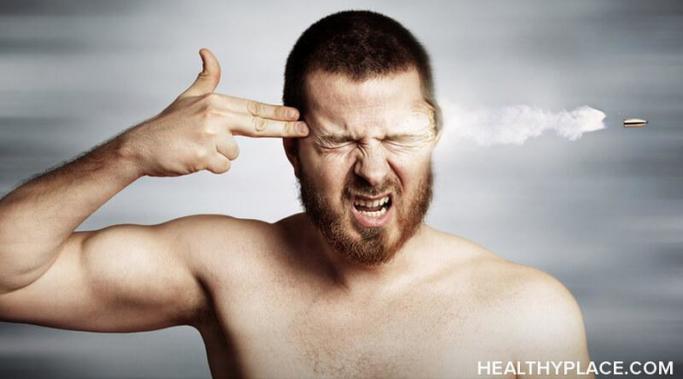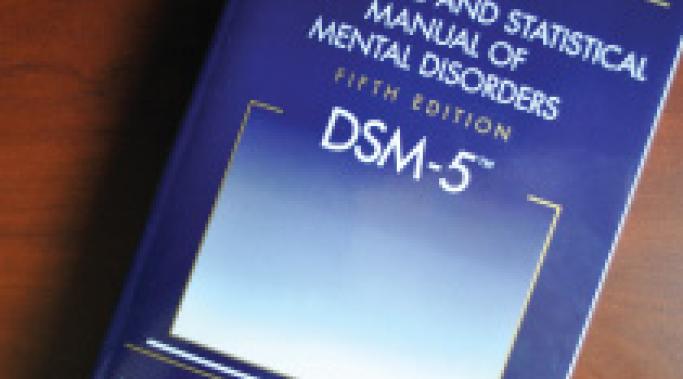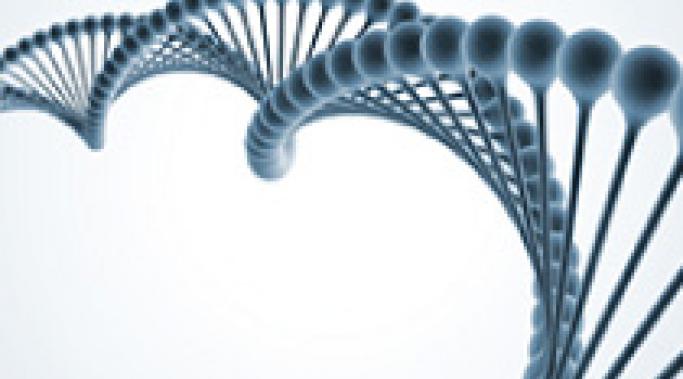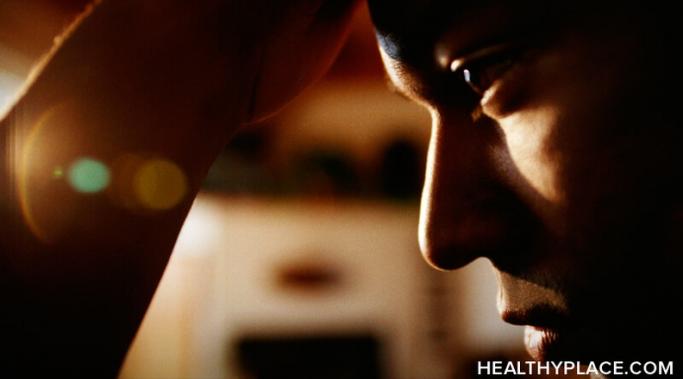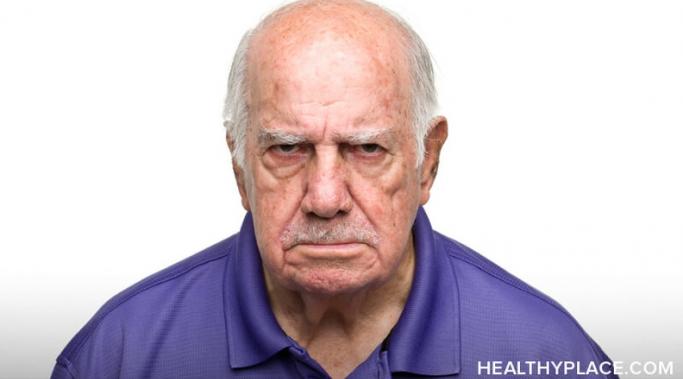Being a caregiver to a person with posttraumatic stress disorder (PTSD) isn’t easy. Everyday interactions, from things as simple as disputes over how one loads the dishwasher to parenting decisions between a caregiver and the person with PTSD, can be challenging. In fact, a caregiver might feel like they don’t even recognize the loved one they’re living with post-trauma. However, there is help, and there is hope. Caregivers can take an active role in helping people with PTSD get better.
Understanding Combat PTSD
There are many reports of veterans using marijuana to deal with the effects of combat-related and other types of posttraumatic stress disorder (PTSD). Users claim that marijuana helps with anxiety and sleep, among other things. But is this true? And is marijuana use risk-free as some seem to think it is? Should marijuana be used to treat combat PTSD?
Unfortunately, many soldiers experience traumatic brain injury when in combat, but is traumatic brain injury (TBI) linked to later combat posttraumatic stress disorder (PTSD)? Two recent studies examined the link between traumatic brain injury and PTSD in marines and army soldiers.
Sleep disturbances are very common in combat posttraumatic stress disorder (PTSD). In fact, two types of sleep disturbances -- nightmares and insomnia -- are actually diagnostic criteria for PTSD. We’re not sure why PTSD affects sleep so profoundly but research is getting closer to finding out. But can sleep disturbances in combat PTSD be treated and if so, how?
One of the things all of us in the combat posttraumatic stress disorder (PTSD) arena struggle with, is getting veterans to admit to experiencing combat PTSD symptoms. There is a pervasive problem – in spite of educational initiatives – wherein veterans just don’t want to admit to struggling post-combat (or at any time). Considering the culture of the military and society at large, it’s understandable. Here are some of the reasons why veterans don’t admit to combat PTSD symptoms.
Unfortunately, when it comes to combat posttraumatic stress disorder (PTSD), additional mental illnesses occurring with combat PTSD is almost the rule, rather than the exception. When one diagnosis exists with another, this is known as comorbidity. Studies have found that of veterans with combat PTSD, about half have an additional, current mental illness diagnosis. Comorbidity makes treating combat PTSD more complicated and, of course, tends to increase suffering for the patient. Here is some more information about mental illnesses that commonly occur with combat PTSD.
There are four symptom types of posttraumatic stress disorder (PTSD) listed in the Diagnostic and Statistical Manual of Mental Disorders (DSM) but are the symptoms of PTSD missing from the fifth edition of the DSM (DSM-5)? Two 2015 studies seem to think so. One study calls for a seven symptom-type model while another calls for a six symptom-type model. Both studies indicated these models were more valid than the current four symptom-type model. So are there symptoms of PTSD missing from the DSM-5?
Biological markers for combat posttraumatic stress disorder (PTSD) are being found more and more today, so anyone that says it’s “all in your head” really needs to give theirs a shake. What we know today is that there are significant, biological differences between those who suffer from combat PTSD and those who don’t. These biological markers for combat PTSD may allow clinicians in the future to easily and correctly diagnose veterans with PTSD and even predict who is likely to get combat PTSD if they enter a combat zone.
While I, typically, discuss standard combat posttraumatic stress disorder (PTSD) as it is the most common, today I’d like to highlight a more rare form of PTSD caused by prolonged trauma – complex PTSD. Today I'll answer the question, “What is complex PTSD?”
A new study investigates the possibility that when combat posttraumatic stress disorder (PTSD) and depression occur together, this increases anger in veterans. This actually makes sense as veterans with combat PTSD often experience increased anger. Additionally, anger has been found to be an aspect of major depressive disorder, for many. Therefore, anyone who suffers from both depression and combat PTSD could, quite reasonably, experience increased anger.
